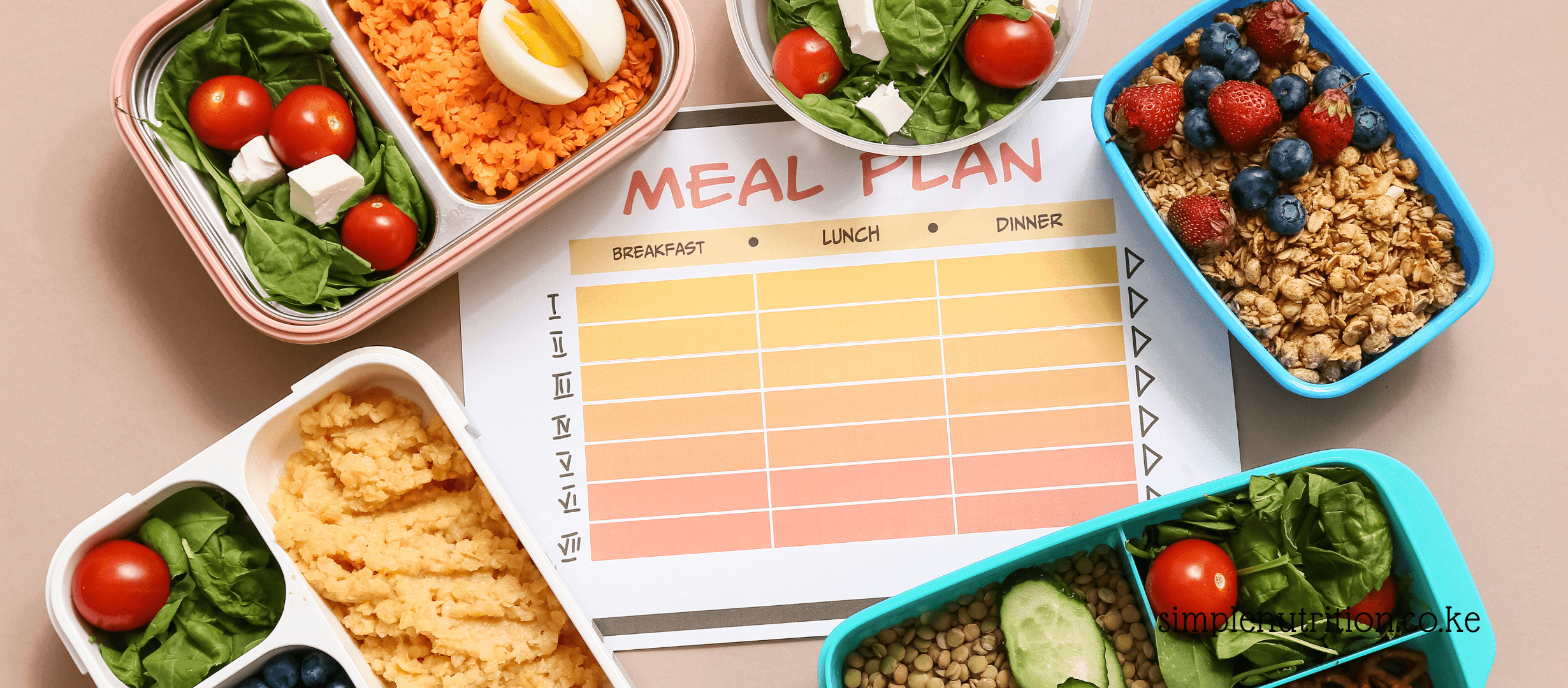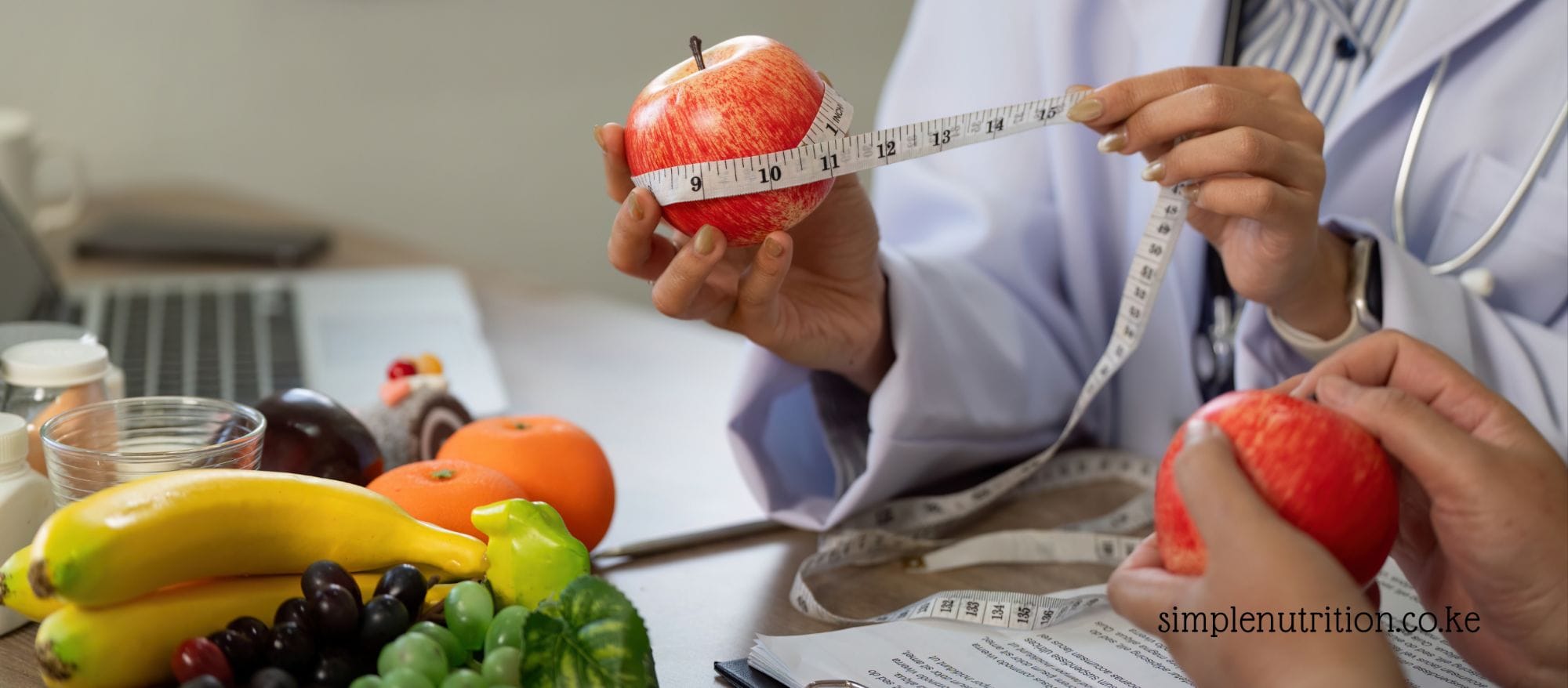Do you ever take your time to examine your poop after doing your business, or do you just flush and forget? Your stool can tell you a lot about your health, including your diet, hydration levels, and even indicate an underlying medical issues.
Common Stool Colors and what they Mean.
- Brown: The standard color for healthy poop indicates that your diet has probably been balanced, especially a diet rich in fiber. To maintain this healthy poop, as we may call it it’s important to consume plenty of fruits, vegetables, whole grains, and lean proteins.
- Green: This poop color may result from consuming leafy greens, you’ll often notice a green poop whenever you have a diet full of green vegetables especially when you have had it more frequently than usual. However, It can also signify food moving too quickly through the digestive tract, which is not a good thing. In this case, you should consider increasing dietary fiber to improve digestion.
- Yellow: Yellow and greasy stools can indicate excess fat often due to malabsorption, may indicate a condition like celiac disease. Eating a balanced diet that includes healthy fats, lean proteins, and fiber-rich foods can help manage this problem.
- Black: Black stool can indicate bleeding in the upper gastrointestinal tract, but it can also result from taking iron supplements. If you notice black stool, then you may need to seek medical care, to check your haemoglobin level, and check for conditions like severe anaemia or even certain types of cancer. Especially if this black stool is accompanied with other symptoms like frequent fatigue, unintentional weight loss.
- Red: Red stool can be very alarming, as it may signal bleeding in the lower digestive tract. However, it can also be caused fruits like beetroot or drinks with red dye. If you haven’t eaten these foods and notice a red stool, you will need to seek medical attention to rule out serious conditions.
Practical Tips for Improving Digestive Health
- Stay Hydrated: Drink plenty of water to keep your digestive system functioning smoothly. Aim for at least 8 glasses a day, and increase this during hot weather or physical activity.
- Eat Fiber-Rich Foods: Add more fruits, vegetables, whole grains, and legumes into your meals.
- Probiotics: Include probiotic-rich foods like yogurt, or fermented vegetables in your diet. These can help maintain a healthy gut flora, aiding digestion.
- Regular Exercise: Physical activity stimulates digestion and can prevent constipation. Aim for at least 30 minutes of moderate exercise most days of the week.
- Limit Processed Foods: Reduce intake of high-fat, sugary, and processed foods, as these can disrupt your digestive health. Instead, focus on whole, nutrient-dense foods.
When you pay attention to the color and consistency of your poop, you can easily get to understand your health. Regularly monitor changes, adjust your diet as needed, and consult with a healthcare professional if you notice anything concerning.
Discover more from Simple Nutrition
Subscribe to get the latest posts sent to your email.



